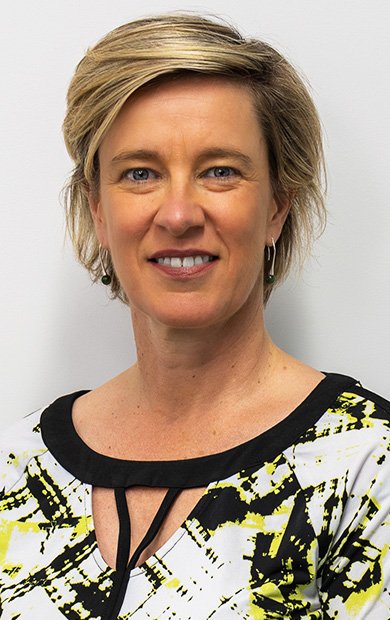Every drop counts

“You can live without electricity, but you can’t live without water. It’s fundamental to life.”
These are the words of Dr Steve Cummings, Chair of ISO 31600, Water Efficiency Labelling Programmes - guidance for implementation, currently in development supported by Standards Australia.
With more than four decades working in water usage and conservation, Dr Cummings understands the value of water better than most. In the lead-up to World Water Day 2021 on March 22, Standards Australia spoke to Dr Cummings about the development of the first international standard in water efficiency labelling, its importance for developing countries and why we all need to value water.
Water scarcity is an enormous global issue. According to the United Nations, by 2025, 1.8 billion people are expected to be living in countries or regions with absolute water scarcity, and two-thirds of the world’s population could be under water stress conditions.[1] Despite this, only a handful of countries have a water efficiency labelling scheme for plumbing products and household appliances that is proven to deliver water savings through encouraging consumers to choose products that use less water.
Acknowledging the importance of contributing to water conservation at a global level, Dr Cummings and his fellow committee members made creating an international standard that would specifically benefit developing countries their focus. However, with a number of highly successful schemes already in place in areas including Australia, the United States, China, Europe, the United Kingdom, Japan and Singapore, devising a model that would recognise these schemes but also provide tools for developing countries was challenging.
Keeping this in mind, the committee devised a standard that recognises existing schemes, but more importantly also provides guidance and criteria to help developing countries easily establish their own effective water efficiency labelling standard.
“[This model] is something I’m very proud of. The guiding light was that we were doing something very special for the world and particularly developing countries, by helping them save water. All these countries are under enormous water stress and anything we can do to help them is of enormous benefit to life in these countries. Water efficiency labelling schemes have been proven to save many trillions of litres of water per annum globally, so it’s extremely worthwhile. This is a really great standard to be involved in,” said Dr Cummings.
ISO 31600 is currently under review and heading for publication in the near future. Some developing countries have already expressed interest in using the standard to help tackle water stress and empower consumers to make informed choices.
“This standard will be life-changing for communities and populations in developing countries. Water labelling schemes create incentive for manufacturers to produce more water efficient products, so it’s a great opportunity and benefit for developing countries. Hopefully they will make good use it,” said Dr Cummings.
“Personally, it’s been a great journey and we’re all very proud of being involved in the development of this global standard. ISO 31600 can save so much water for people who really need it for a better life,” concluded Dr Cummings.
Roland Terry-Lloyd, Head of Standards Development at Standards Australia said with Australia leading the world in water efficiency labelling, it made perfect sense for Standards Australia to lead this important international work.
“Water conservation is a global issue that needs a global effort. Any way that Standards Australia can contribute its skills and expertise for the benefit of people across the world is a good thing. In this case, Standards Australia’s trusted voice on the international stage will ensure significant water saving benefits in developing countries.”
[1] https://www.unwater.org/water-facts/scarcity/
media enquiries
For media enquires, please contact:

